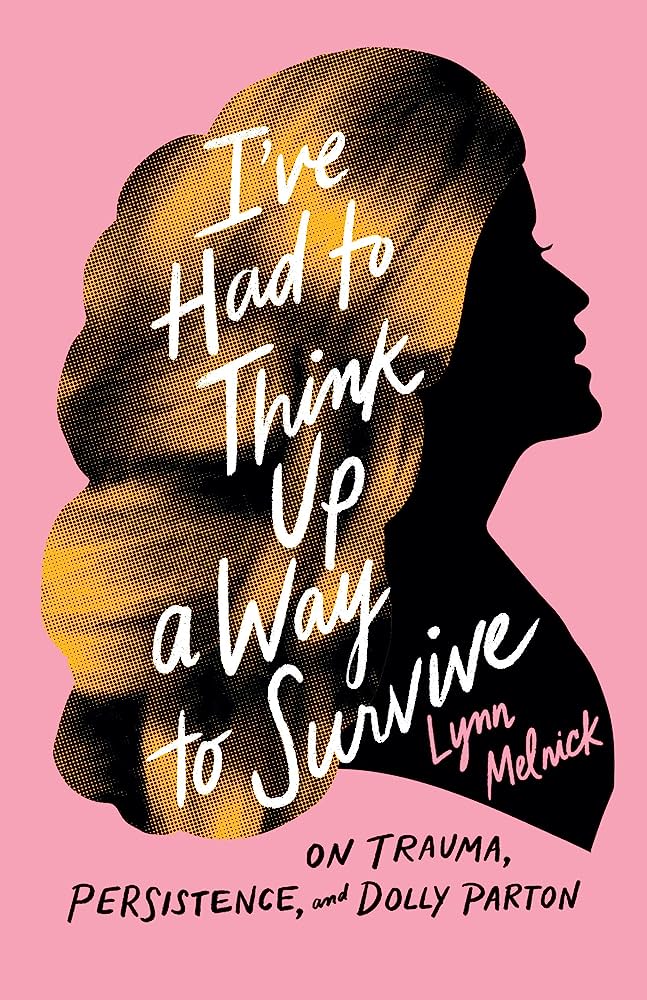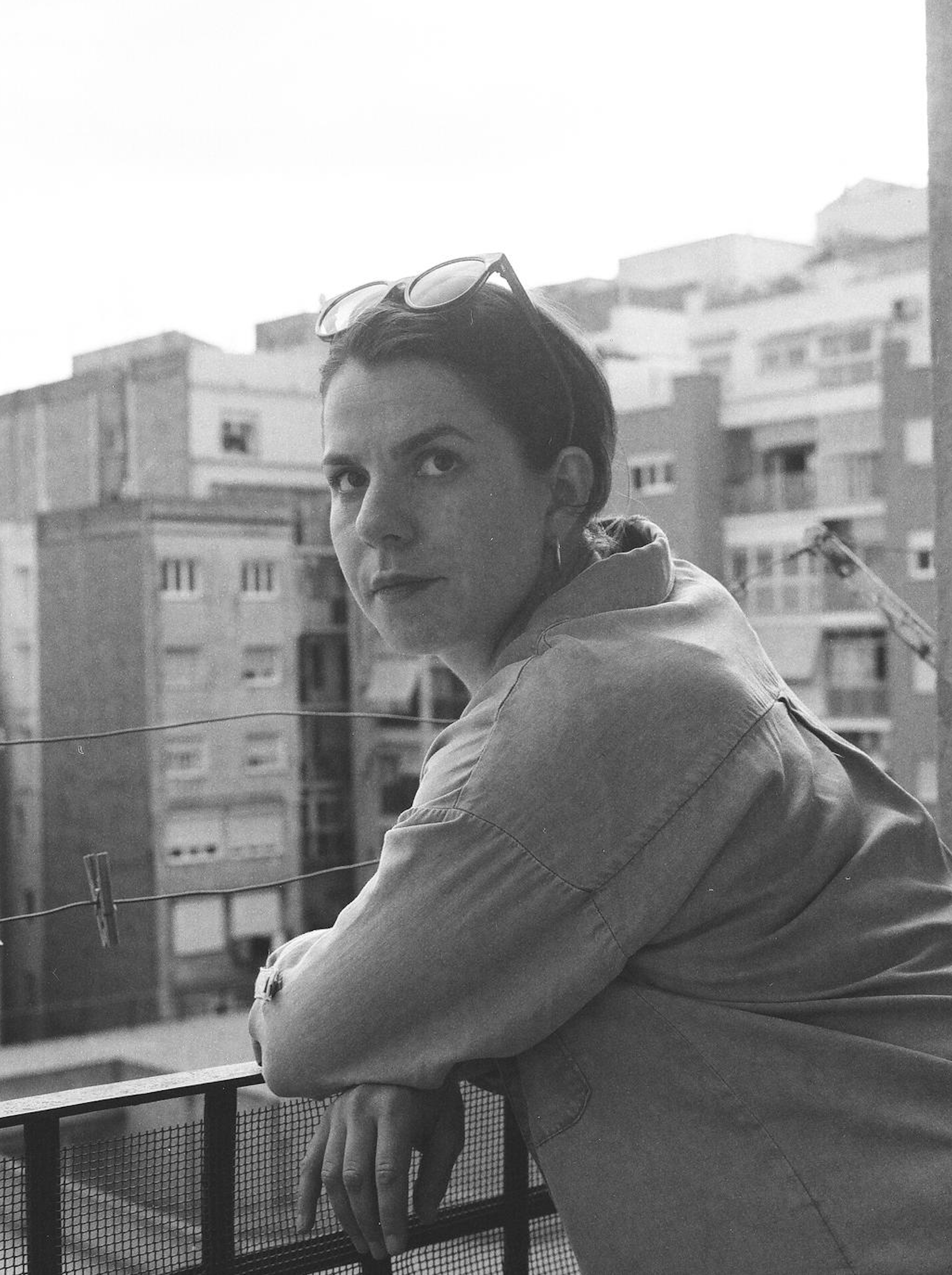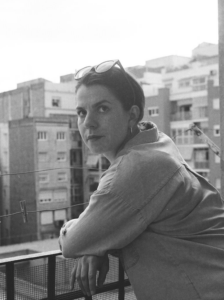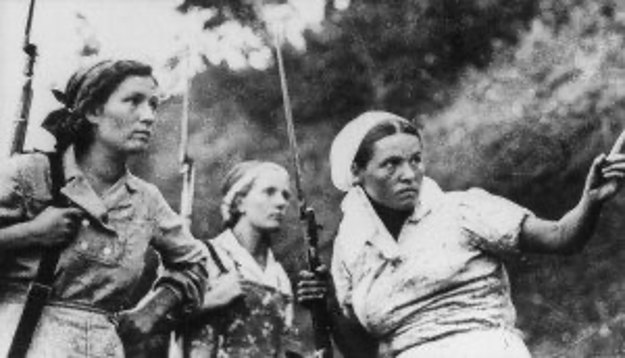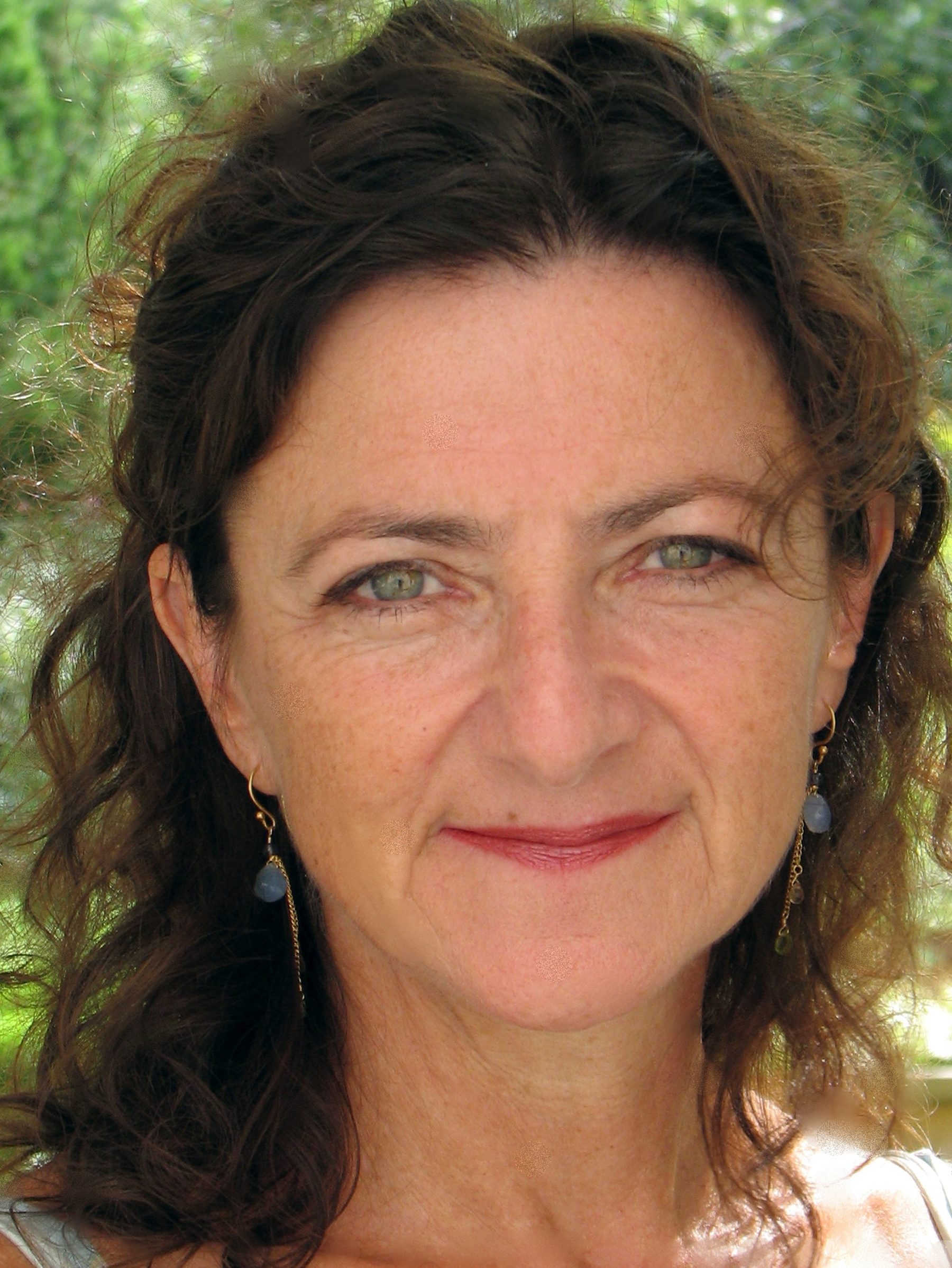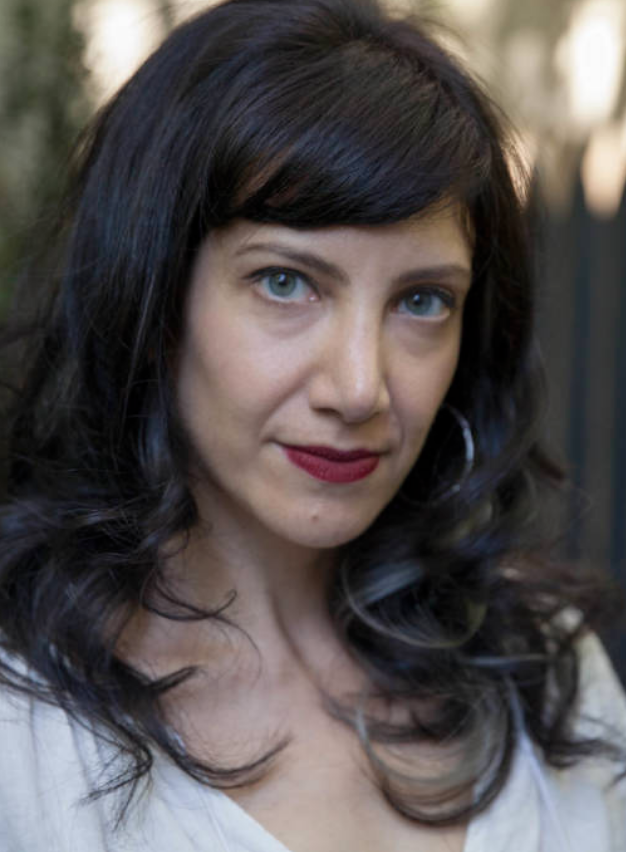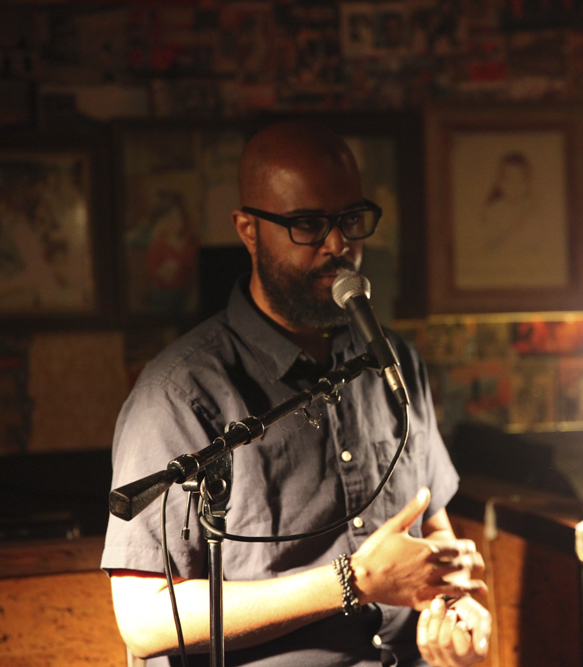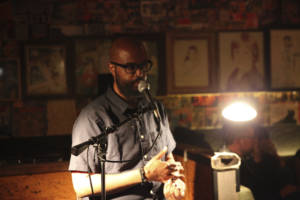
Sicilians build things like they will live forever and eat like they will die tomorrow.
—Plato
1. Four of us are here, in mid-Sicily, waiting for something that will lead us to make art. The life of Akrai Residency for three weeks. Two of us speak partial Italian. One of us has never been to Italy. We come from Poland, Iran, America, and New Zealand. This non-touristic town is now our food, sleep, air, conversation, and confrontation.
Palazzolo Acreide is a small (8,000 person) town built of rock. The streets are cobbled, the buildings are ancient brick, the churches rise solid and baroque from rock. Much of it is limestone, soft, shapeable, and light; it gives the town a yellow glow. People here seem to grow from a desire to be full—not just of food but of color, taste, feeling, and sound. Church bells punctuate each quarter hour, in our central neighborhood and in all neighborhoods; the slightly staggered ringing echoes throughout the town and valley below. Two fifteen, fifteen, fifteen. Two thirty, thirty, thirty.
